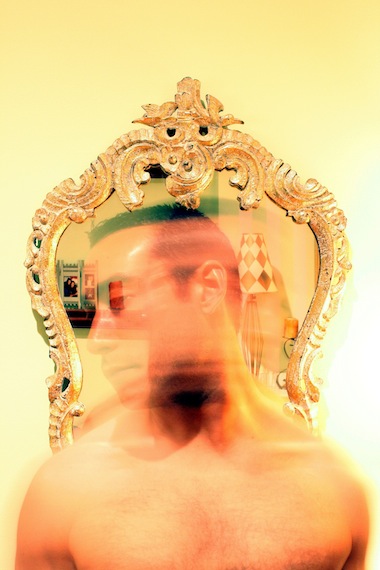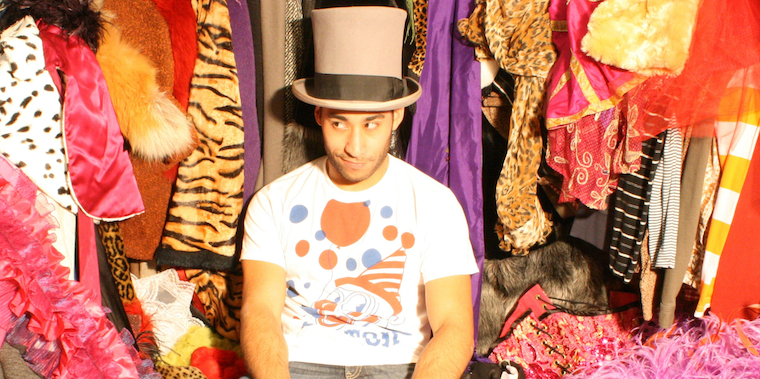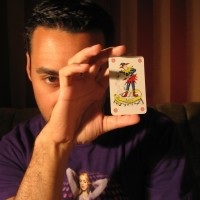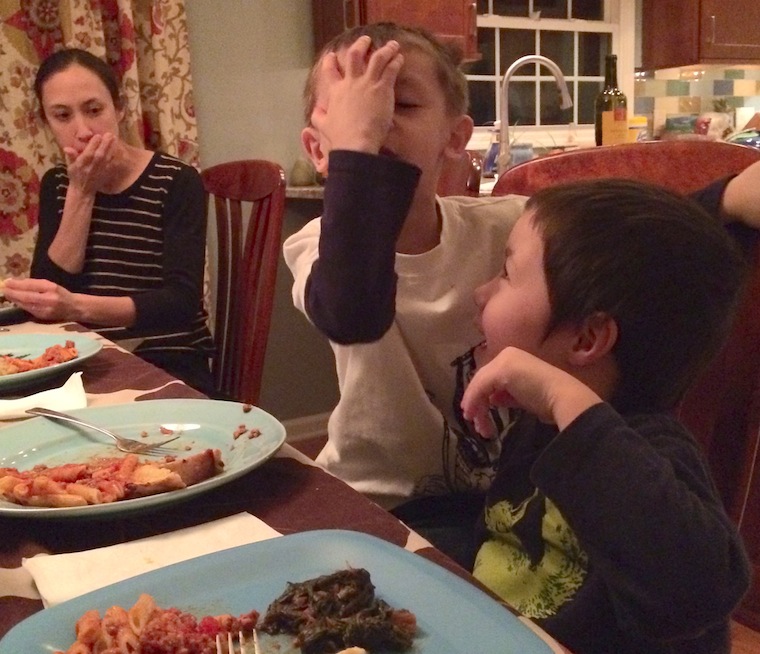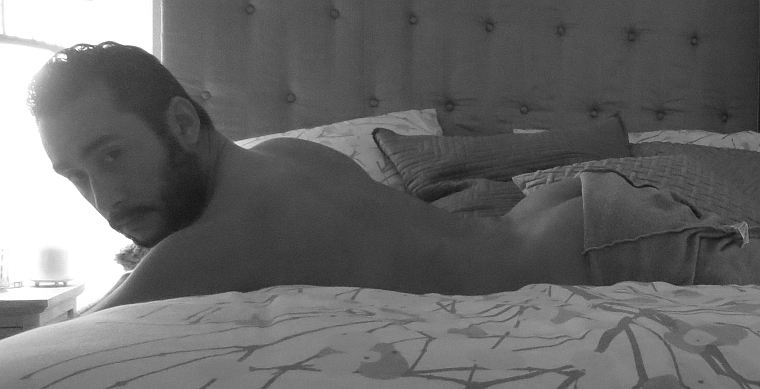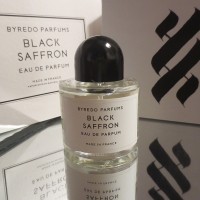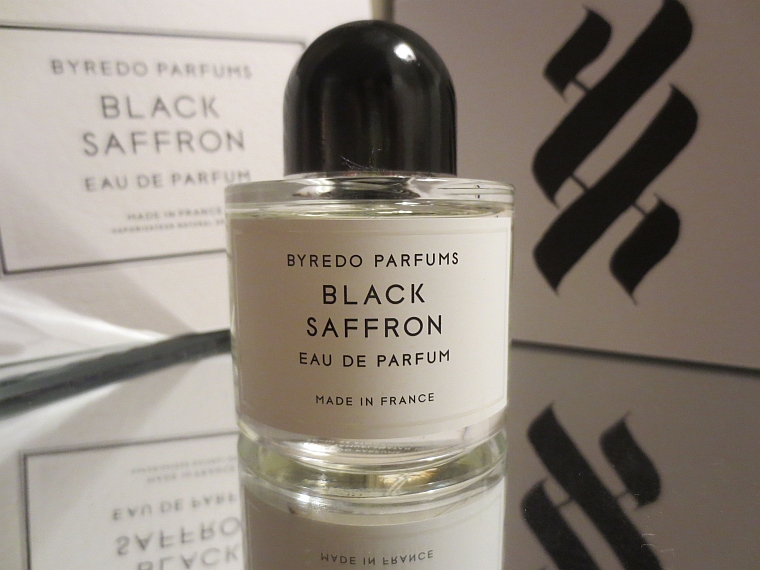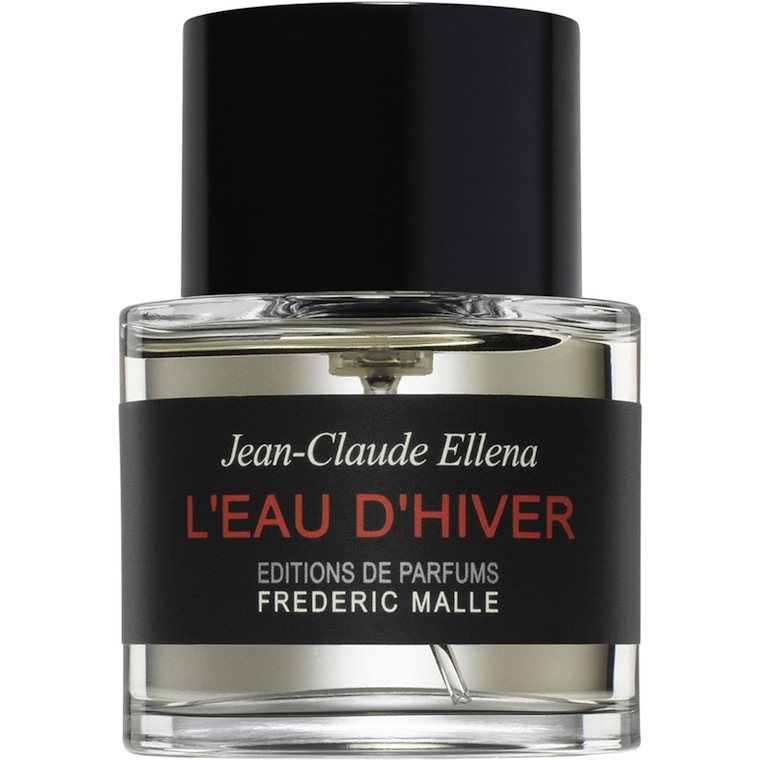“Look for the archetypal trickster in any story of growth, for growth always means moving toward one’s own human richness which, in turn, means the growth of one’s soul.
The Trickster delights in frolicking with symbols… Jumping across boundaries between the conscious and the unconscious, between the psychological and the physical, the Trickster tosses out images in play that express the sheer vitality of the imagination.” ~ Allan Combs & Mark Holland
One does not have to be psychotic to have an inflated self-image. We are all at times prone to think too highly of ourselves. At such moments the Trickster may pay us a visit in the guise of a prankster, to bring us back to earth, to make us look foolish or ridiculous in little ways just when we want to look our best. He is adept at undercutting self-inflation. ~ Allan Combs & Mark Holland
For the inner, archetypal Trickster, play includes a synchronistic taking hold of whatever materials come to hand in order to break the boundaries of our usual perceptions of reality. In addition, trickster stories almost universally emphasize his doing exactly what he pleases regardless of the consequences. The apparent selfishness is, in part, a way of portraying his sovereign nature as an uncontrollable aspect of the human psyche that originates totally outside the reach of the conscious mind. The meaning of his actions, however, depends not on himself but on some deeper aspect of the psyche in whose service he acts.
There are no limits to his antics. It is his delight to shatter our boundaries, borders, and frames, stripping us of our protective coloration and baring us helplessly to something new. This is his play, and when we ourselves are playful, we are in harmony with him. ~ Allan Combs & Mark Holland
Allowing our imagination to play, letting our fantasies have their day, is to honor him. Utterly to deny this natural tendency of the mind, to suppress the imagination, to refuse to give it a hearing, to refuse even to honor it with our momentary attention, will cause it to carry its case to the shadow where the sympathetic ear of the prankster awaits it.
Allowing the imagination to play means to lighten up from time to time, to let our fantasies run free. To do this we must relax rigid attitudes or moods, even perhaps our concepts of morality… Temporarily relaxing your morality means putting aside your culturally created and therefore limited conception of reality, including the reality of your own self. The Trickster can then reveal aspects of our selves that are hidden from our scrutiny. Growth of the personality is certainly not guaranteed by this. But if we allow the Trickster to be our guide and we follow his play consciously, we are given the very real possibility of expanding our sense of who and what we are. ~ Allan Combs & Mark Holland



